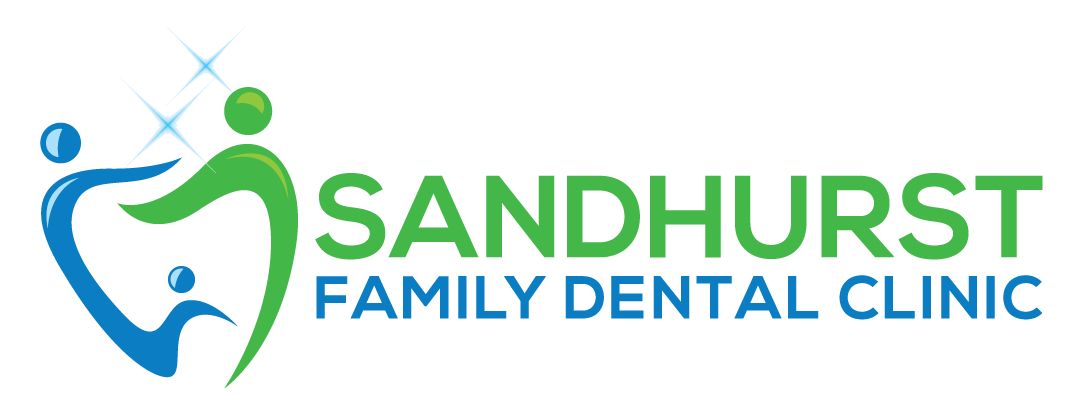Patient Education
At Sandhurst Family Dental Clinic, We’re On Your Side, Every Step of the Way
Dental Services
Dr. Pavithra Nantheeswarar is the primary dental care provider at Sandhurst Family Dental Clinic.
1001 Sandhurst Circle, Unit 207, Scarborough, ON M1V 1Z6
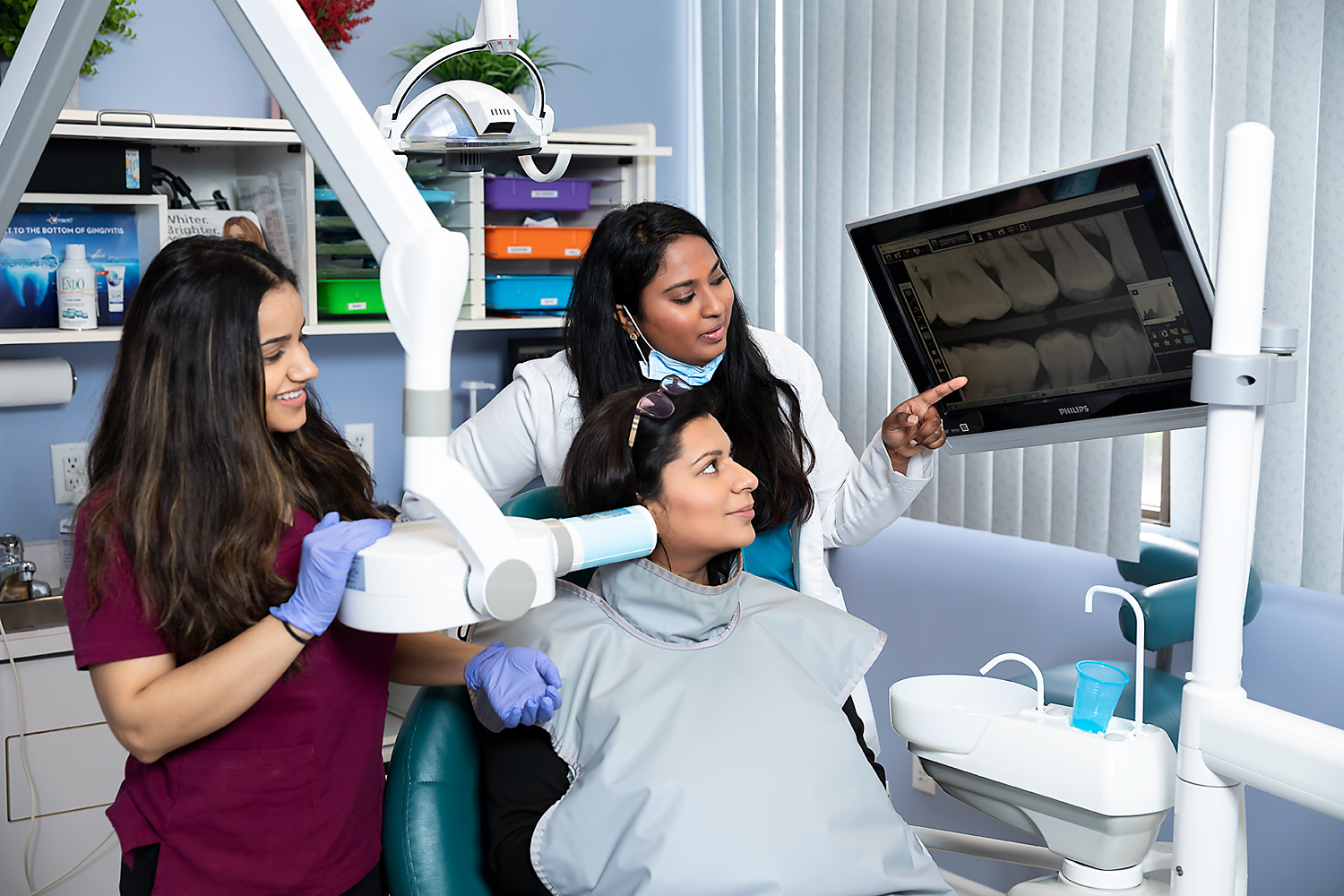
What You Can Expect
To our valued patients, both longstanding and new, we extend a warm welcome to Sandhurst Family Dental Clinic, where your comfort and care are the heart of our practice. We understand that a visit to the dentist can be a source of anxiety for many, which is why our dedicated team is committed to creating an atmosphere of calm and relaxation.
From the moment you step through our doors, expect a tranquil environment, compassionate staff, and a patient-centric approach designed to ease any concerns and make your visit as stress-free as possible.
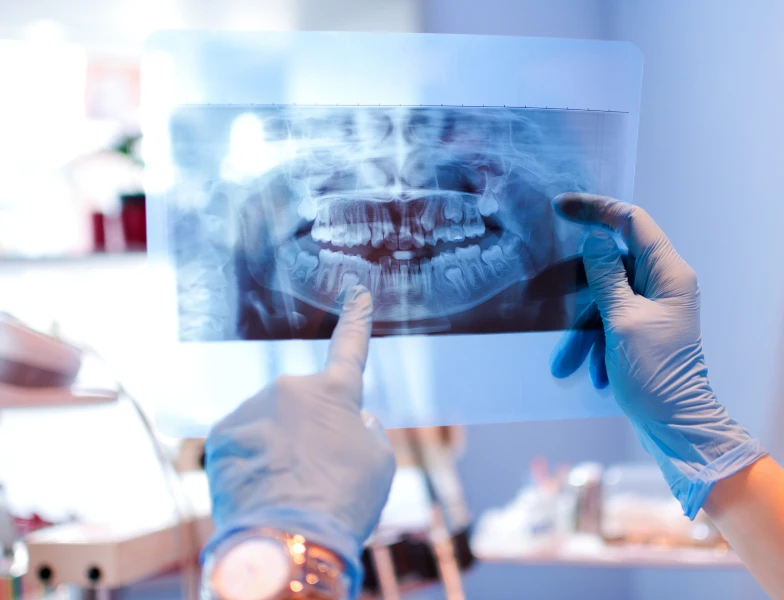
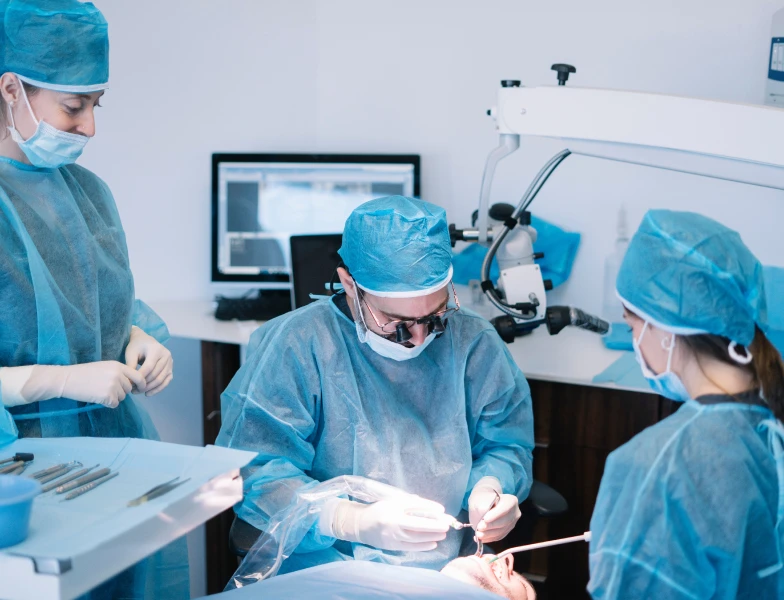
With a strong foundation in dental expertise, our clinicians are not only skilled in state-of-the-art dental procedures but are also adept at providing gentle care tailored to your unique needs.
Before your visit, we encourage you to share any apprehensions with us, as this will help us customize your experience to ensure maximum comfort. We’re here to listen, to educate, and to guide you through your dental journey with transparency and understanding. Trust in our expertise to keep you informed every step of the way, ensuring you’re fully prepared for what to expect during your appointment. Let us transform your dental visit into a positive, empowering experience.
What You Can Expect
our benefits
Your Dental Dream Team
We want to make your visit as smooth and stress-free as possible, which is why we handle the insurance paperwork for you. Our clinic happily offers direct billing to most insurance companies and accepts the assignment of benefits, meaning your insurance provider can pay us directly. It’s all part of how we care for you and your smile!
We want to make your visit as smooth and stress-free as possible, which is why we handle the insurance paperwork for you. Our clinic happily offers direct billing to most insurance companies and accepts the assignment of benefits, meaning your insurance provider can pay us directly. It’s all part of how we care for you and your smile!
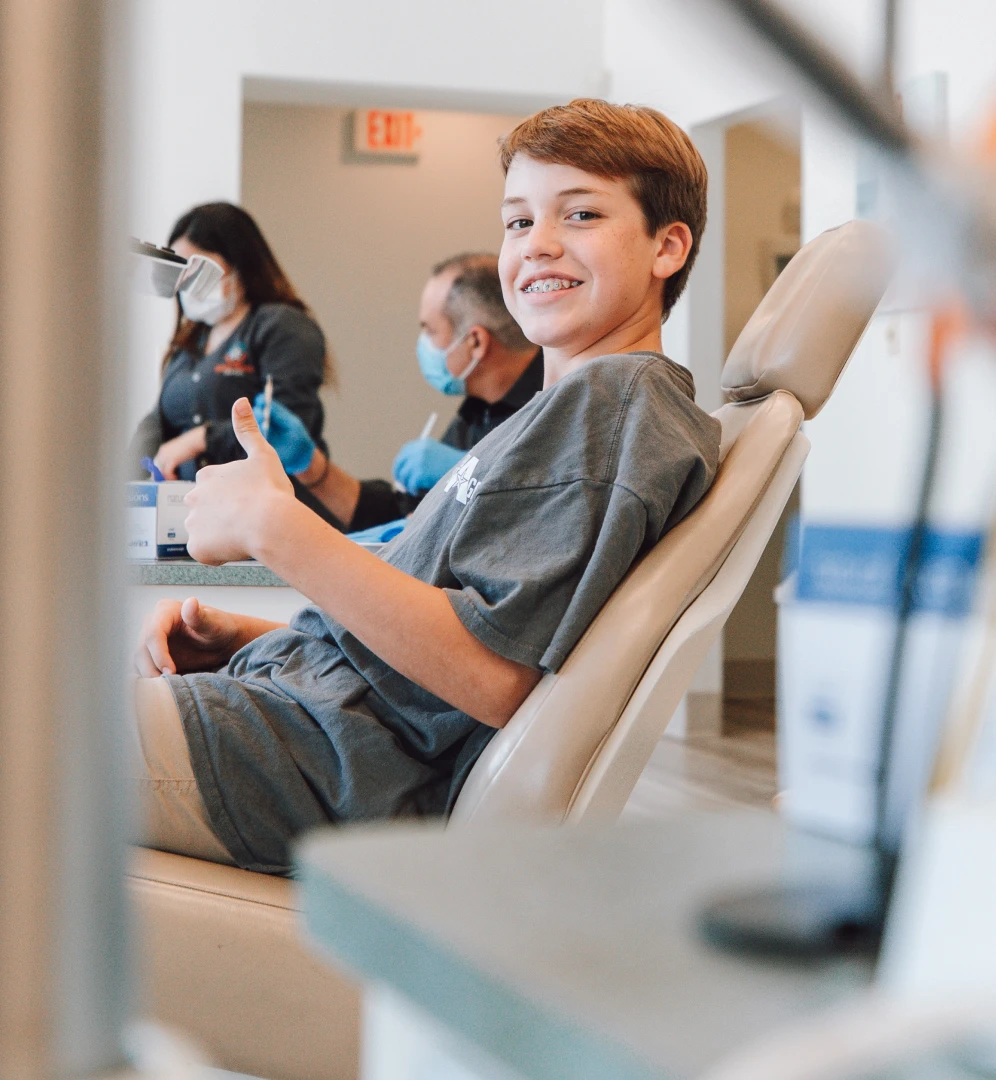
Want to learn more about dental treatment?
Visit our designated blog section!
make an appointment
Brighten Your Smile & Your Day at Sandhurst family dental
*One of our dedicated staff will be in contact with you within 24 hours.
1001 Sandhurst Circle, Unit 207, Scarborough, ON M1V 1Z6
Working Hours
Monday
Closed
Tuesday
10am – 7pm
Wednesday
10am – 7pm
Thursday
10am – 7pm
Friday
10am – 7pm
Saturday
9am – 5pm
Sunday
9am – 5pm
Newsletter
